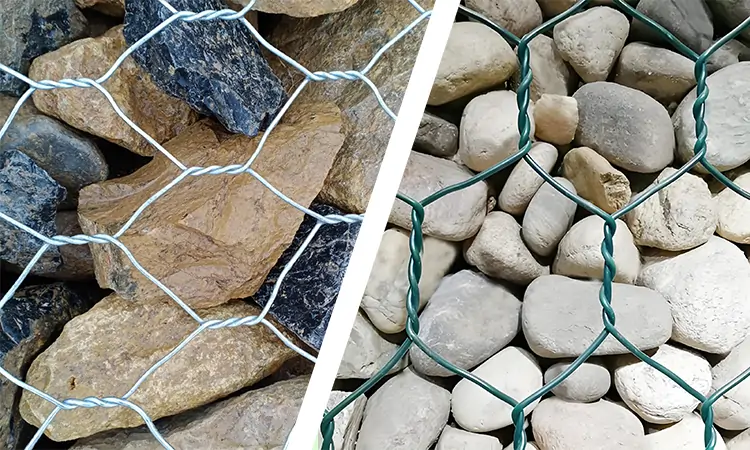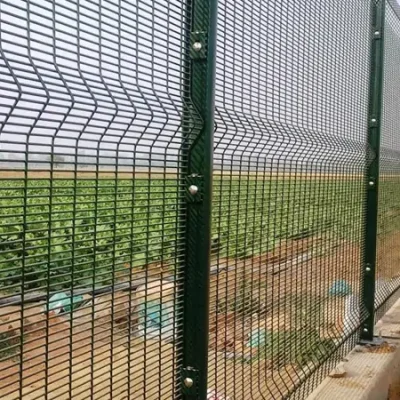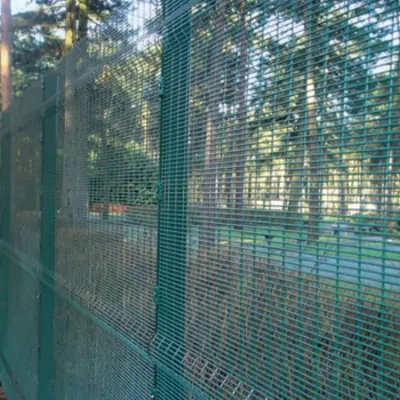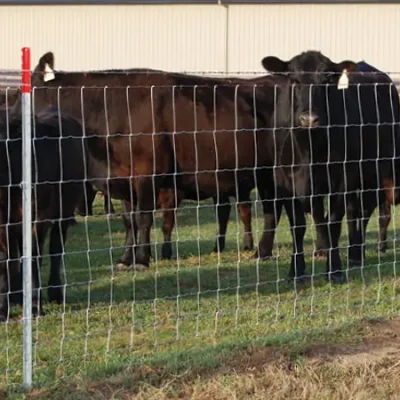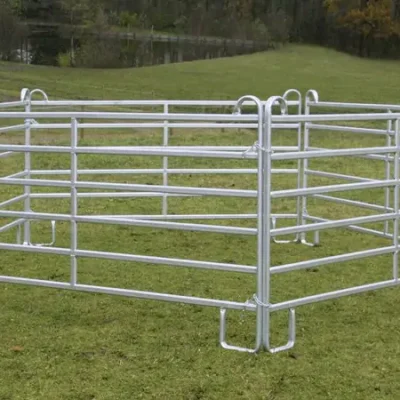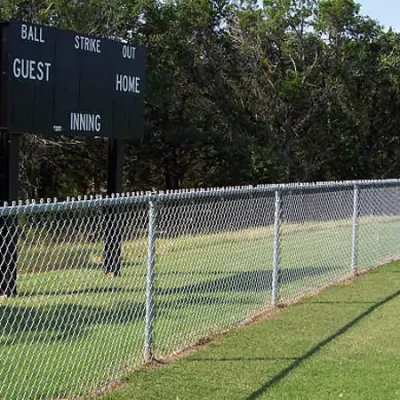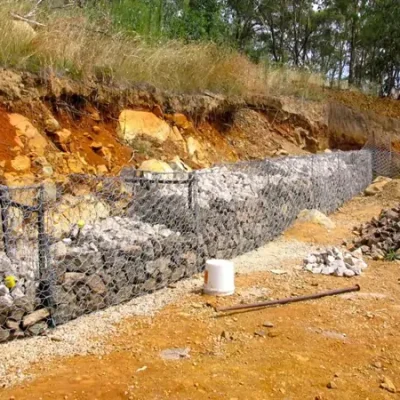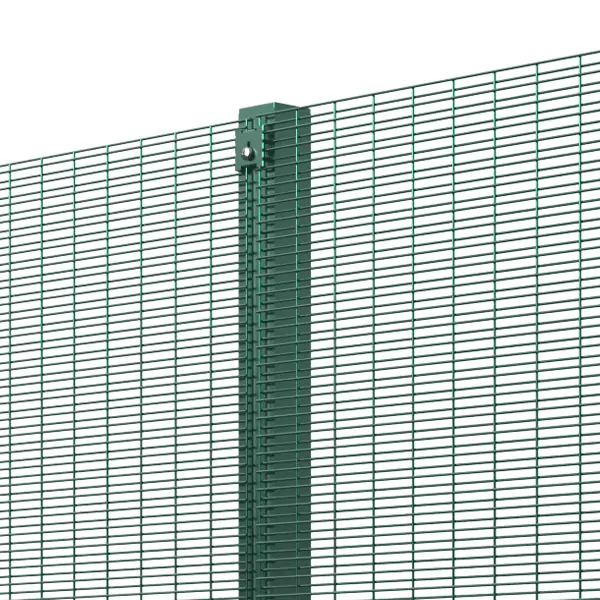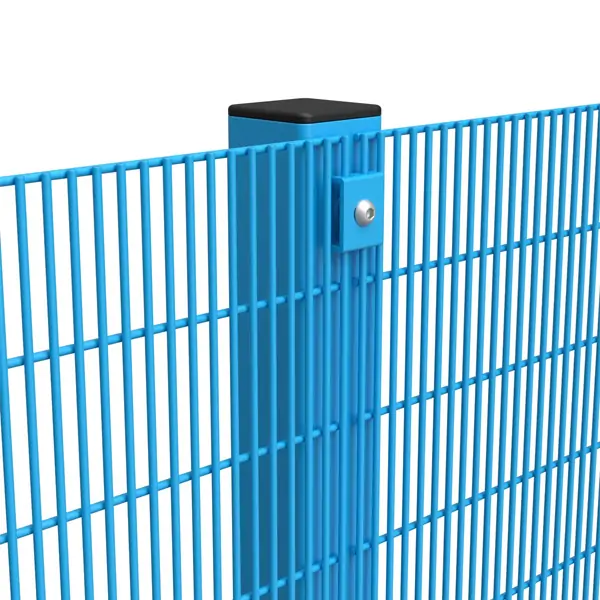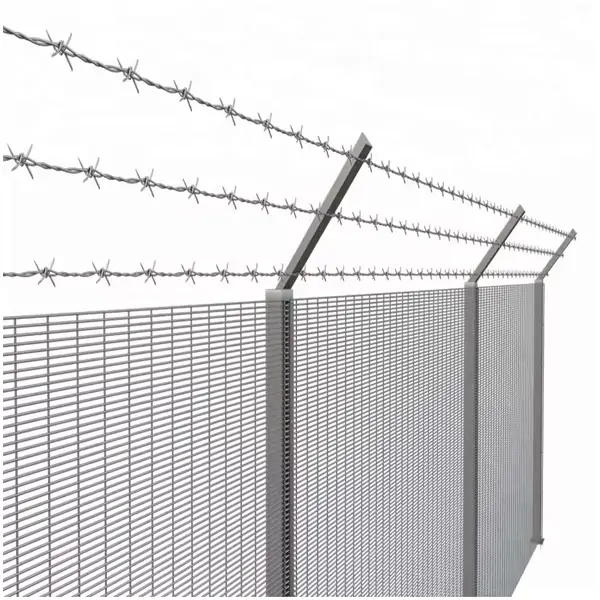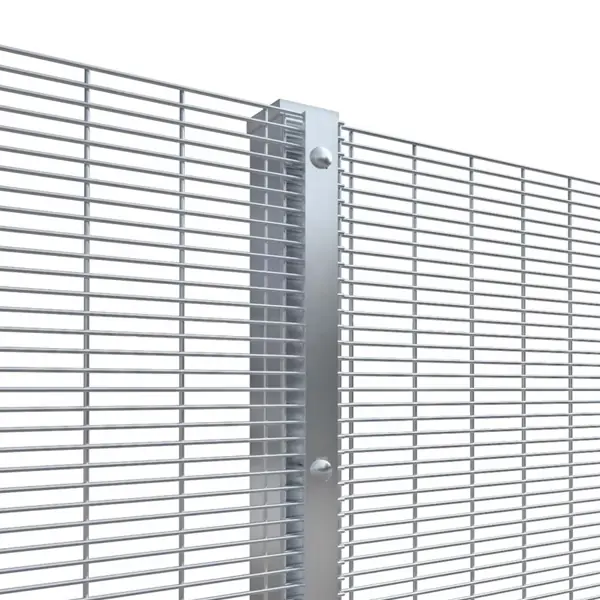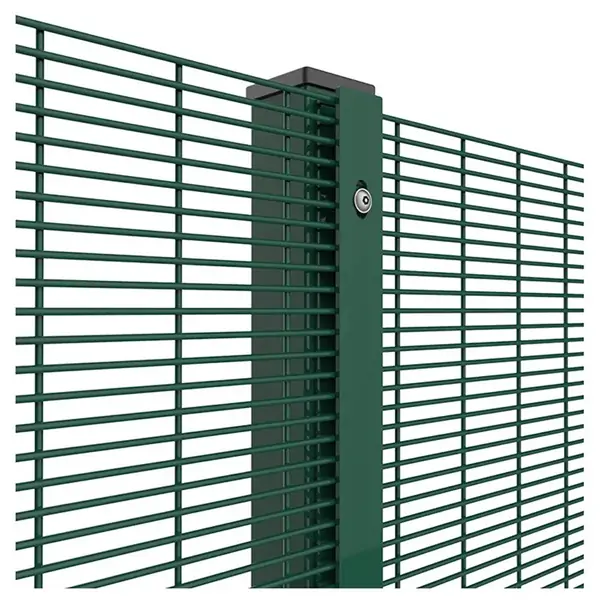Gabion cages have become an indispensable tool in construction, landscaping, and erosion control projects. Their versatility and durability make them a favorite for retaining walls, riverbank reinforcements, and even decorative garden features. However, the type of coating on these cages can significantly impact their performance and longevity. The two most common options are galvanized and PVC-coated gabion cages. But which is better for your project?
In this ultimate guide, we’ll compare galvanized and PVC-coated gabion cages in detail, exploring their advantages, disadvantages, and ideal use cases. By the end of this article, you’ll be equipped to make an informed decision for your project.
Table of Contents
ToggleWhat Are Gabion Cages?
Gabion cages are wire enclosures filled with rocks, stones, or other materials. These cages are commonly used in a variety of applications, such as:
- Erosion Control: Stabilizing riverbanks, slopes, or shorelines.
- Retaining Walls: Creating strong barriers to hold back soil.
- Landscaping: Adding aesthetic appeal to gardens and outdoor spaces.
- Structural Support: Reinforcing roads and bridges.
While the concept of gabion cages is straightforward, the material used to construct the cage can drastically affect its durability and suitability for specific environments. Protective coatings like galvanization and PVC are critical in safeguarding the wire mesh against environmental damage, rust, and wear.
Galvanized Gabion Cages: An Overview
What is Galvanization?
Galvanization is the process of applying a protective zinc coating to steel or iron to prevent rusting. There are two primary methods of galvanization: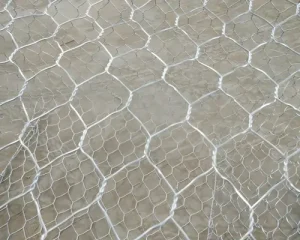
- Hot-Dip Galvanization: The wire is submerged in molten zinc, creating a thick, durable coating.
- Electro-Galvanization: A thinner zinc layer is applied using an electrochemical process.
Advantages of Galvanized Gabion Cages
- Durability in Moderate Environments:
Galvanized cages perform well in inland environments with moderate humidity levels. - Cost-Effective:
They are more affordable compared to PVC-coated options, making them ideal for budget-conscious projects. - Low Maintenance:
Zinc coating provides a strong layer of protection, reducing the need for frequent repairs or upkeep.
Disadvantages of Galvanized Gabion Cages
- Limited Corrosion Resistance:
In coastal or highly humid environments, galvanized cages may corrode faster. - Shorter Lifespan in Harsh Conditions:
The zinc coating can wear off over time, exposing the steel to potential rust.
PVC-Coated Gabion Cages: An Overview
What is PVC Coating?
PVC coating involves applying a layer of polyvinyl chloride (a type of plastic) over the wire.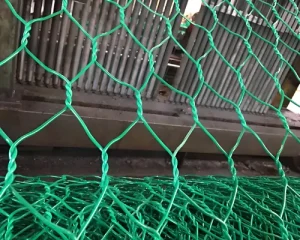 This provides an additional barrier against environmental damage, enhancing the cage’s performance in extreme conditions.
This provides an additional barrier against environmental damage, enhancing the cage’s performance in extreme conditions.
Advantages of PVC-Coated Gabion Cages
- Superior Corrosion Resistance:
The PVC layer protects against rust and corrosion, even in marine or coastal environments. - Enhanced Durability:
The coating offers flexibility and impact resistance, making it less prone to damage. - Aesthetic Appeal:
PVC-coated cages come in various colors, allowing them to blend seamlessly into their surroundings.
Disadvantages of PVC-Coated Gabion Cages
- Higher Initial Cost:
PVC-coated cages are more expensive than galvanized alternatives. - Potential Wear Over Time:
In extreme conditions, the PVC layer may degrade or peel, requiring maintenance or replacement.
Key Differences Between Galvanized and PVC-Coated Gabion Cages
| Feature | Galvanized Gabion Cages | PVC-Coated Gabion Cages |
|---|---|---|
| Durability | Moderate resistance to rust. | Excellent resistance, even in harsh environments. |
| Cost | Budget-friendly. | Higher upfront cost. |
| Environmental Suitability | Ideal for inland projects. | Best for coastal or humid areas. |
| Lifespan | Shorter in extreme conditions. | Longer lifespan overall. |
| Aesthetic Appeal | Metallic, industrial look. | Customizable colors available. |
Use Cases and Recommendations
Best Situations for Galvanized Gabion Cages
- Inland Retaining Walls: Cost-effective for projects in non-corrosive environments.
- Temporary Structures: Suitable for applications with a limited lifespan.
- Budget-Conscious Projects: Ideal when cost savings are a priority.
Best Situations for PVC-Coated Gabion Cages
- Coastal or Marine Projects: Optimal for areas exposed to saltwater or high humidity.
- High-Visibility Projects: Perfect for landscaping or decorative purposes where appearance matters.
- Long-Term Applications: Provides the durability needed for permanent installations.
How to Decide: Galvanized or PVC-Coated?
When choosing between galvanized and PVC-coated gabion cages, consider the following factors:
- Environmental Conditions: Is your project in a coastal, humid, or inland area?
- Budget: How much are you willing to spend upfront?
- Aesthetic Needs: Do you need a natural or customized appearance?
- Longevity Requirements: Is this a temporary or permanent structure?
Decision Checklist
- If cost is your main concern and the environment is moderate, choose galvanized.
- If the project is in a harsh environment, such as near saltwater, invest in PVC-coated.
- For decorative purposes, PVC-coated cages provide more flexibility and visual appeal.
Maintenance and Longevity Tips
For Galvanized Gabion Cages
- Regularly inspect for signs of rust or corrosion.
- Apply zinc-rich paint to exposed areas to extend the lifespan.
For PVC-Coated Gabion Cages
- Clean the surface periodically to prevent buildup of dirt or debris.
- Inspect the coating for cracks or peeling and address damage promptly.
By following these maintenance tips, you can maximize the lifespan of your gabion cages and ensure optimal performance.
Frequently Asked Questions
Q: Can galvanized gabion cages be used in coastal areas?
A: While they can be used, they are not ideal for coastal areas due to faster corrosion in salty air. PVC-coated cages are a better option.
Q: How long does PVC coating last in extreme weather?
A: With proper maintenance, PVC-coated cages can last 20+ years, even in harsh conditions.
Q: What’s the cost difference between the two options?
A: PVC-coated cages typically cost 15-30% more than galvanized ones but offer better durability in extreme environments.
Conclusion
Both galvanized and PVC-coated gabion cages have their strengths and weaknesses. For budget-friendly projects in moderate environments, galvanized gabion cages are a solid choice. However, for long-term applications in harsh or highly visible areas, PVC-coated cages provide unmatched durability and aesthetic flexibility.
By weighing your project’s specific needs and conditions, you can confidently choose the right type of gabion cage. Share this guide with others to help them make informed decisions too!

